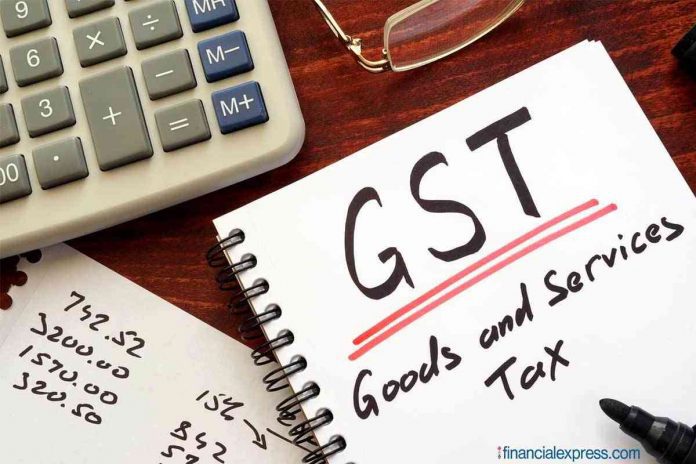Earlier, the exemption limit from GST was Rs 20 lakh per annum. Apart from this, companies with annual turnover up to 1.5 crore can take advantage of composition scheme.
Rakesh Kumar (fictitious name) is a licensed member of APMC in Agriculture Marketing Yard Marketing, known as Arhtiya. They work as farmers on commission. With this, he earns four-five lakh rupees from this commission in a financial year. One day someone told him that GST is also levied on his commission. For this, he sought advice from many tax experts about this, but could not get the right answer to his question. All they want to know is whether there will be any tax on the income earned from the commission or not.
Tax experts believe that if Mukesh’s annual income is less than Rs 20 lakh, then he does not need to pay any kind of tax. But even in this, if there is any other source of income for Mukesh apart from commission, then it will be calculated separately. The exemption up to Rs 20 lakh is applicable only for earning from commission.
According to tax experts, businesses with a turnover of up to 40 lakhs are outside the purview of GST. They do not need to fill GST. Earlier, the exemption limit from GST was Rs 20 lakh per annum. Apart from this, companies with annual turnover up to 1.5 crore can take advantage of composition scheme and they will have to pay only 1% tax.
Under the new law in GST, it has now been made mandatory for the businesses registered in GST to file GSTR-1 by the 11th of every month. The ITC claim of those who do not do so will be stuck.
There are two types of GST. CGST CGST (Central Goods and Services Tax) – The tax collected by it goes to the centre. SGST SGST (State Goods and Services Tax)- The tax collected by it goes to the state.


